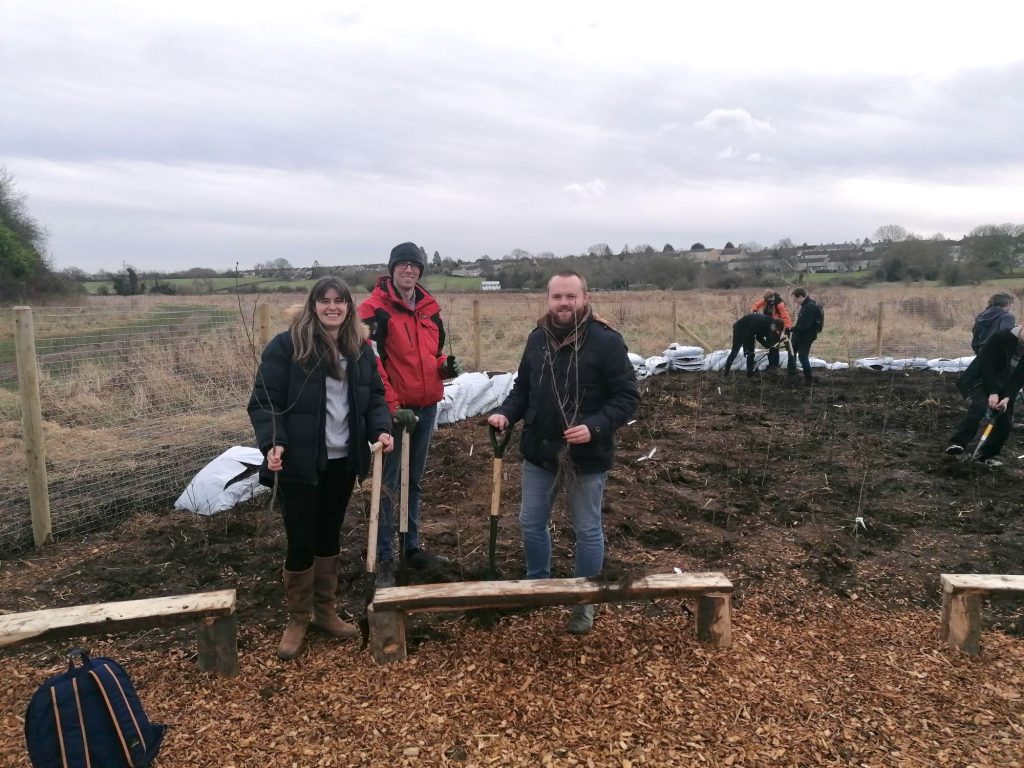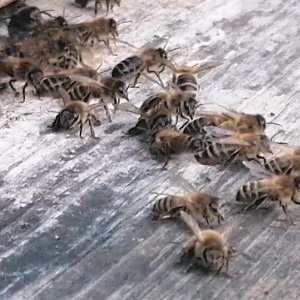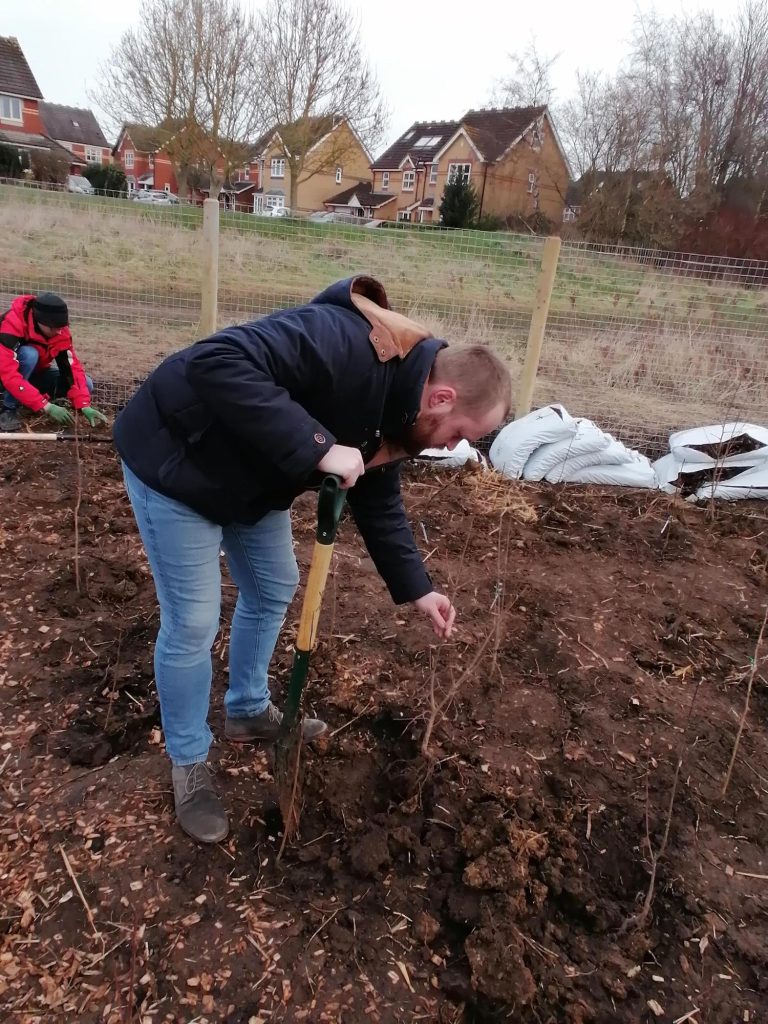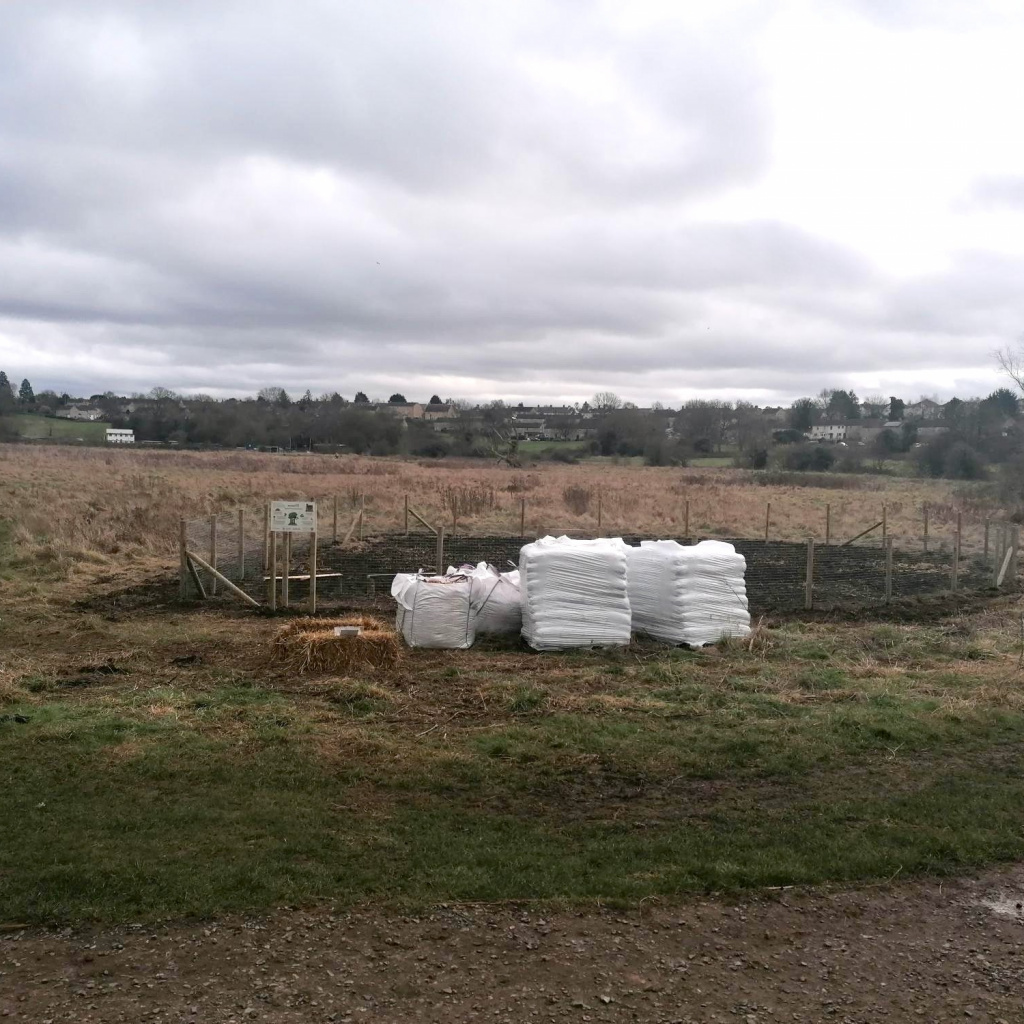Colleagues volunteer to help create Chippenham’s first tiny forest
Erin Santoro, Chris Clark and Callum Pritchard in our Chippenham office volunteered to help create a tiny forest in Monkton Park, less than a mile from where they work and live.

From left to right: Erin Santoro, Chris Clark and Callum Pritchard.
A tiny forest is a dense, native woodland made up of trees such as oak, lime, elm, hawthorn and hazel and planted in a tennis court-sized plot of land. It helps mitigate the effects of climate change, supports urban wildlife and reconnects people with nature.
Erin Santoro’s native black honey bees and local wildlife will benefit


Lots has changed in this local area since the 1960s
She goes on to explain that, “this field is also prone to flooding so the trees really will help the ground drainage, making it much better for people to explore during the winter months. Chippenham is also known for its industry and we have large factories near to the estate so the trees will help to offset the carbon footprint and hopefully help to clean up the air quality of the area and the town.
Before the housing estate was built in the 60’s, Monkton Park was a mixture of farmland and woodland and sadly the majority the woodland trees were felled to make way for the houses.
It will be great to see trees being returned to the area especially utilising such a large, wasted space. In turn this will bring more people closer to nature and as this tiny new forest will also be used for educational purposes, local school children will benefit from it too.”
Chippenham Town Council has partnered with Earthwatch Europe and Siemens Mobility to bring the town its first tiny forest.
It is based on an established forest management method developed in the 1970s by Dr Akira Miyawaki and will provide a biodiversity hotspot, capable of attracting over 500 animal and plant species within the first three years.
Volunteer tree keepers from the local community will maintain it for the first two years and will be responsible for watering, weeding and scientific monitoring.

